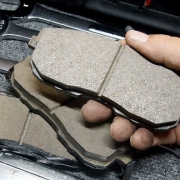Mercedes A180 with ABS Problems
Table of Contents
Mercedes A180 with ABS Problems
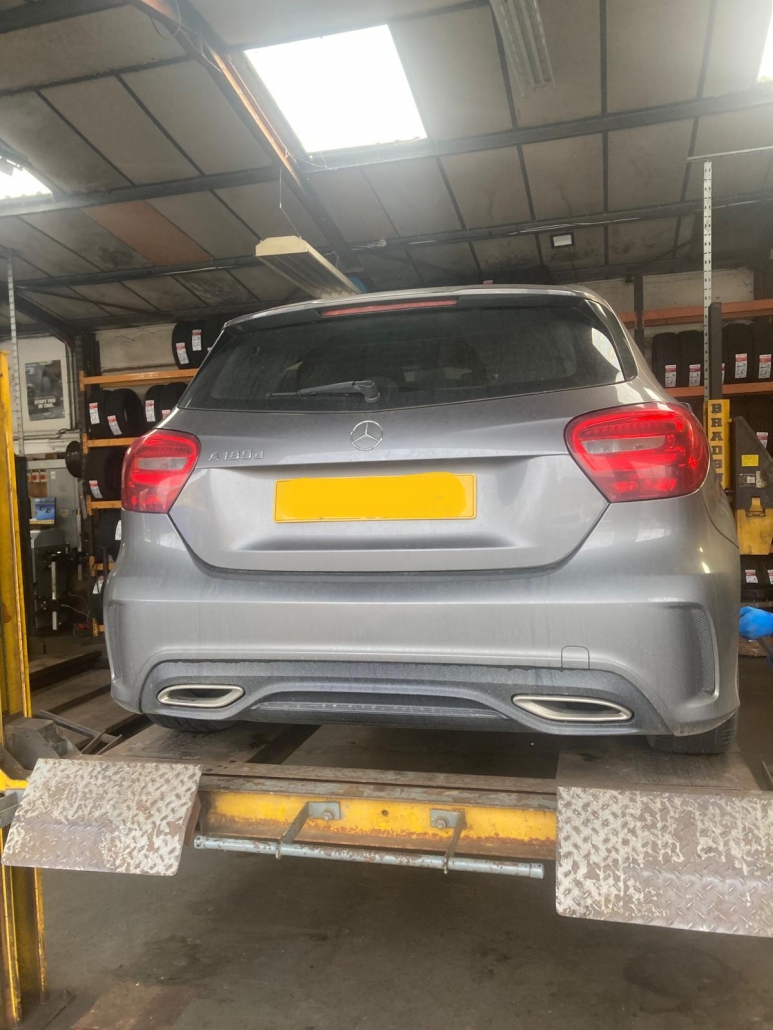
Mercedes A180 with ABS Problems
It’s never dull here at Pellon Tyre and Autocentre in Halifax. This morning, we had a Mercedes A180 brought in by a regular customer who said his car’s brakes were “acting funny”. Straight away, our experienced mechanic Alex got to work checking it out. After running a few tests, he found the culprit — a faulty ABS brake sensor.
Now, you might not think a small sensor could cause much bother, but in modern cars like the A-Class, that tiny part plays a big role in keeping you safe on the road.
What the ABS Sensor Does: Mercedes A180 with ABS Problems
The ABS (Anti-lock Braking System) is one of those clever inventions that most of us take for granted. It was designed to stop your wheels locking up under heavy braking, especially on wet or slippery roads — something we get plenty of here in Halifax and the Calder Valley, where the roads can be steep and winding.
Each wheel has a small speed sensor that constantly monitors how fast it’s spinning. If the system notices one wheel slowing down faster than the others (which means it’s about to lock up), the ABS kicks in and pulses the brake pressure to that wheel — keeping you in control.
When one of those sensors fails, as it did on this Mercedes, the system can’t get accurate readings. That usually triggers the Mercedes A180 with ABS problems on your dashboard, and you might notice the brakes feeling a bit different—sometimes heavier or slightly uneven. In some cases, the car may also disable traction control or stability systems, just to be on the safe side.
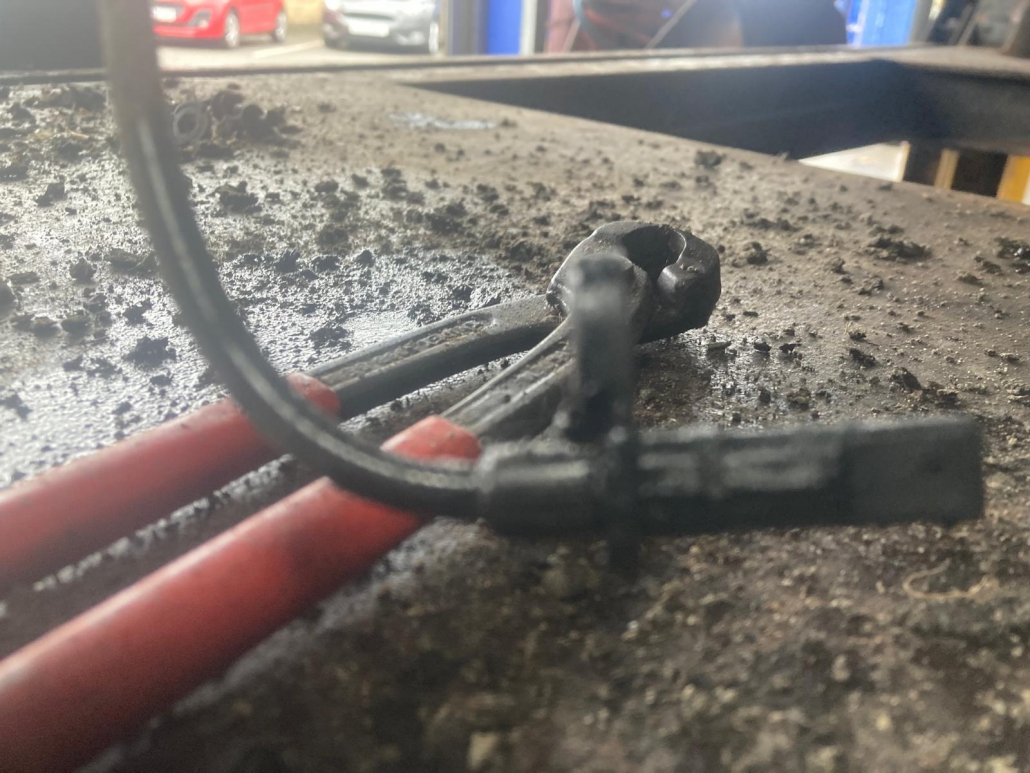
How the Problem Shows Itself: Mercedes A180 with ABS Problems
Our customer said the ABS light had popped up, and the brakes felt a bit “off” when slowing down on hills around King Cross and Sowerby Bridge. That’s a classic symptom.
Alex hooked the car up to our diagnostic machine, which quickly pointed to a faulty rear ABS sensor. Sometimes these sensors fail due to:
Road salt and moisture, especially during winter months in Calderdale.
Corrosion or dirt building up around the sensor or its magnetic ring.
Wiring faults, caused by vibration or general wear and tear.
It doesn’t take much – one dodgy reading and the system throws up a warning. Once Alex replaced the sensor, cleared the fault codes, and tested the car on the road, the brakes were back to their best.
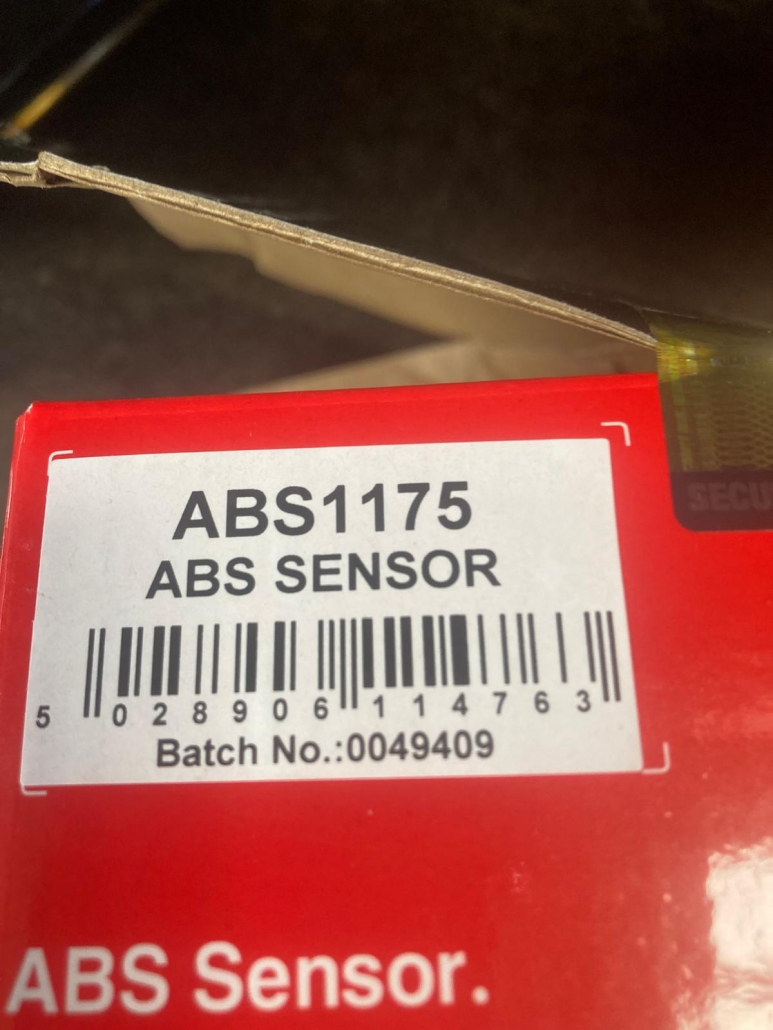
A Bit About the Mercedes A-Class: Mercedes A180 with ABS Problems
The Mercedes-Benz A-Class first arrived back in 1997, a small hatchback that made quite a stir for being a proper “mini-Merc.” It’s been through a few changes since then, with the later A180 models becoming firm favourites in towns like Halifax – smart, comfortable, and efficient.
Of course, with newer tech comes more sensors, modules, and electronics. That’s great for safety and performance, but it also means that when something goes wrong, you need a garage with the right tools and know-how to find the fault quickly — just like our team here at Pellon Tyres.
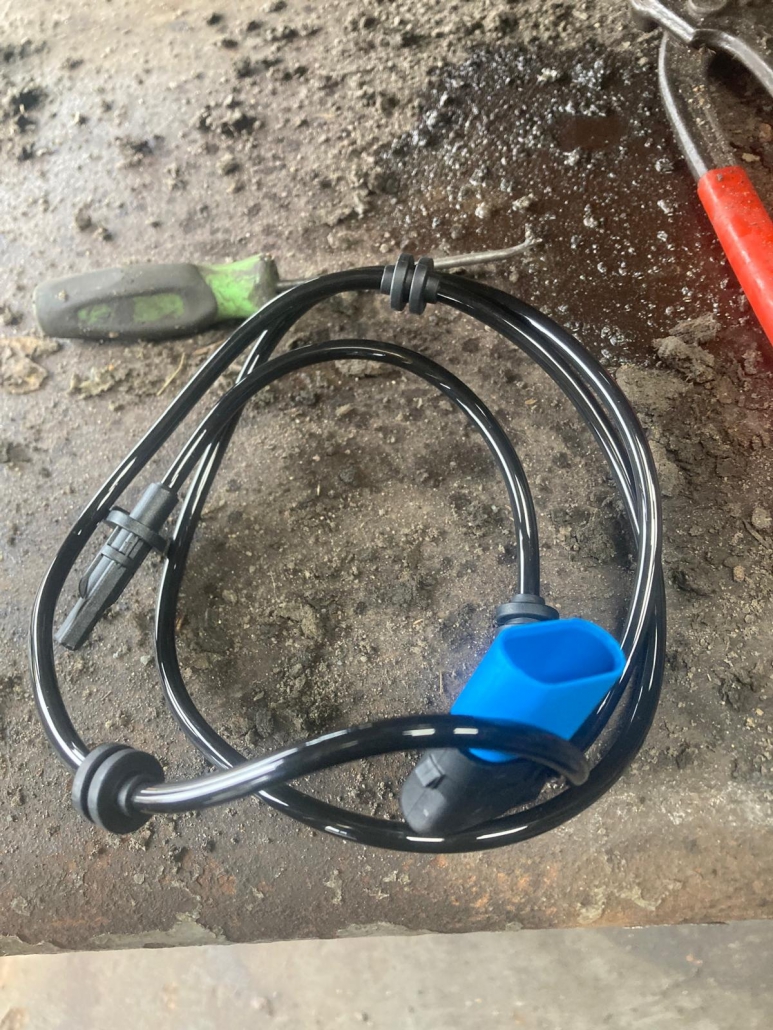
Why It Matters
Driving with a faulty ABS sensor isn’t the end of the world, but it’s not something you should ignore. The car will still stop, but in an emergency — especially on our hilly Calderdale roads — it might not stop as safely as it should.
If you ever see that amber ABS light come on, it’s best to pop into the garage and have it checked out. Sometimes it’s just dirt or corrosion, but other times it’s a failed sensor or even a damaged ring.
Here at Pellon Tyres, we can diagnose these issues in no time, and we’ve got access to quality replacement parts for most makes and models — from Mercedes to Fords and everything in between.
- Ten Year Old Tyres Ban
- Dunlop Sports Maxx Tyres
- Porsche Taycan for Goodyear Tyres
- 4×4 Tyres by General
- Michelin Tyres World Beaters

